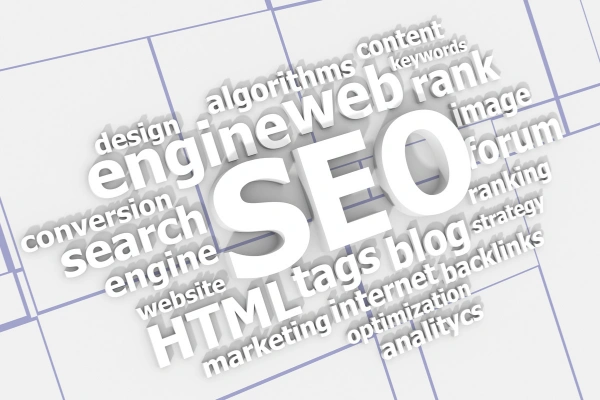As a business owner, you understand the importance of targeting the right audience with your website. You’ve invested time and money into creating great content, optimizing for SEO, and driving traffic, but what if your own pages are working against each other? That’s exactly what happens with keyword cannibalization, a hidden problem that can decrease your rankings without you even realizing it.
Imagine two of your product pages fighting over the same search term, confusing Google, and dragging each other down. Frustrating, right? The good news? AI can detect these issues before they cost you traffic and sales. So, how does keyword cannibalization actually hurt your site, and what can AI do to fix it? In this blog, we are going to discuss the same.
Automated Content and Keyword Analysis
Manually checking every website page for keyword overlaps is a very hard process and easy to miss. AI, on the other hand, can scan your entire website in minutes, spotting where multiple pages are targeting the same keywords. Think about it—how often do you update old blog posts or product descriptions? If two pages are competing for “best plumbing services,” AI flags it instantly, so you can adjust before rankings drop.
Predictive Modeling and Pattern Recognition
What if you could predict keyword conflicts before they happen? AI analyzes past ranking data and search trends to forecast potential cannibalization. For example, if you’ve been optimizing multiple pages around “small business accounting software,” AI can warn you that these pages might start competing soon. Wouldn’t you instead fix this proactively instead of waiting for your traffic to dip? Yes, you would love to do that.
Advanced Keyword Mapping
Not all keyword overlaps are obvious. Two pages might use different phrasing but still target the same search intent. AI goes beyond exact matches, understanding context and semantics. If one page focuses on “affordable CRM tools” and another on “cost-effective CRM tools,” AI recognizes the overlap, helping you refine each page’s focus.
Prioritized Recommendations
AI doesn’t just point out problems, it also tells you which ones to fix first. High-priority issues (like two high-traffic pages cannibalizing each other) get flagged immediately. Then, it suggests clear actions: Should you merge the pages? Can you rewrite one to target a different keyword? Adjust internal links? These data-driven insights save you hours of guesswork.
Continuous Monitoring and Refinement
SEO isn’t a one-time fix. As you add new content, keyword conflicts can resurface. AI tools continuously monitor your site, alerting you to new overlaps so you can stay ahead. Imagine getting a notification the moment a new blog post starts competing with an existing page, now that’s the peace of mind you were looking for.
Putting It Into Practice
Let’s say you run an e-commerce store selling fitness gear. You have two pages:
- “Best Home Treadmills 2025”
- “Top Treadmills for Small Spaces”
At first glance, they seem different. However, AI tools (such as SEMrush, Ahrefs, and SurferSEO) detect that both rank for the term “compact treadmill reviews.” Instead of letting them compete, you could merge them or tweak one to target “treadmills for apartments,” capturing a new audience.
Conclusion
Keyword cannibalization is a silent killer of SEO, but AI gives you the tools to stop it early. Instead of waiting for rankings to drop, wouldn’t you rather fix issues before they hurt your traffic? With AI-powered insights, you can optimize your content strategically, keeping your site strong, your rankings high, and your business growing.
At Radial Impact Marketing, we help businesses spot and fix keyword cannibalization before it hurts their search rankings. Our team uses proven SEO strategies and smart keyword analysis to keep your content working together, not against each other. Ready to Scale? Contact Us Today!

